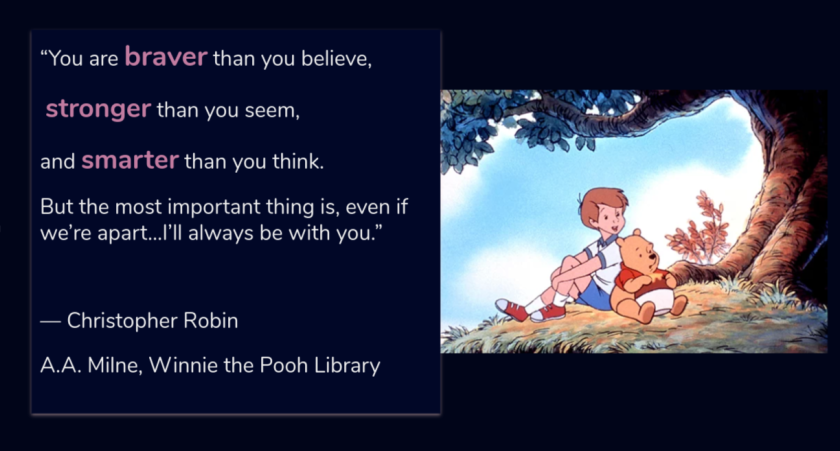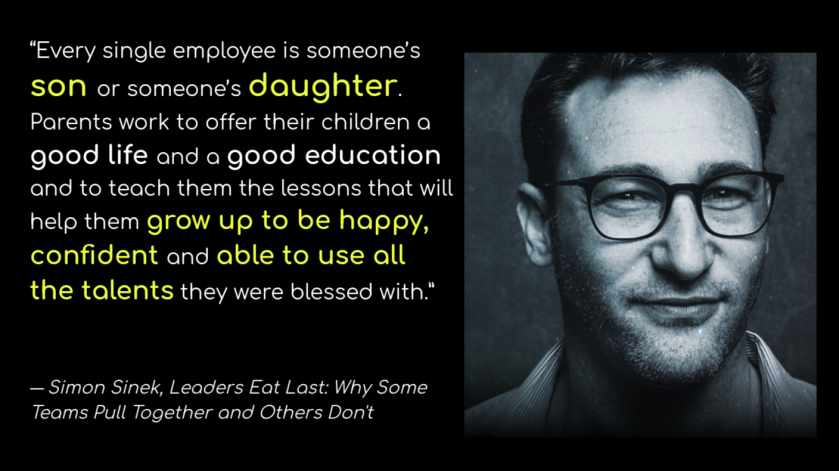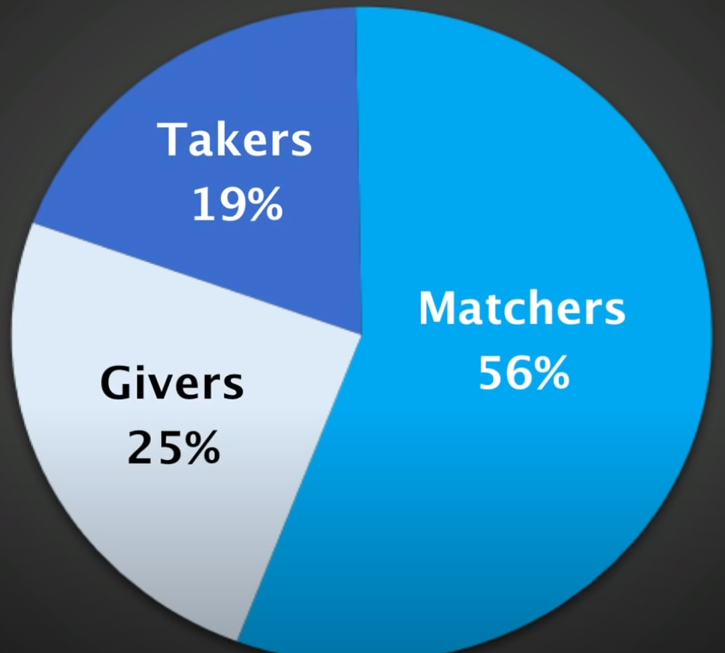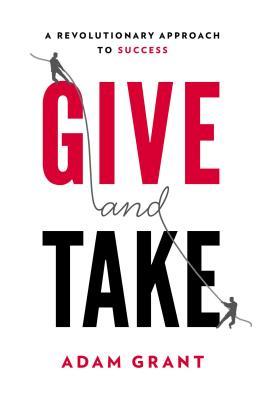In the days since my role in eCommerce was eliminated – part of a sweeping reorganization as my employer, a legacy retail giant with both a robust brick-and-mortar presence and a now-aging eCommerce platform, filed for creditor protection -I’ve been looking for clarity. For some sense of what all this hustle, all these midnight promotions, all this omnichannel strategizing really meant. I didn’t expect to find comfort in Exit Interview by Kristi Coulter, but I did.
Coulter’s memoir is clearly about her time in Big Tech, but it resonated deeply with me, a career eCommerce professional who spent over a decade trying to modernize a brand that always seemed one step behind consumer expectations. Her sharp, honest prose peeled back the glittery veneer of corporate ambition to show the cost: to our time, our values, our very sense of self.
Reading Exit Interview while sitting in a kitchen I now spend my days in instead of my corner of the open office plan, I found myself nodding. Yes, my team too had built dashboards no one read. We had promoted online programs to executives who still measured success by foot traffic. We had tried to reinvent a digital presence built in 2010, while convincing leadership that “omnichannel” was more than just a buzzword.
Like Coulter, my team chased performance metrics that shifted monthly. We worked holidays and weekends to hit digital sales targets, often sacrificing personal time for the promise of “transformational impact.” And when the end came – not with a handshake, not even with a Zoom meeting or severance pay – it felt less like a career milestone and more like waking up from a long, over-caffeinated dream.
The Illusion of Stability
For years, we were told that adapting brick-and-mortar to digital would secure the future. We did the hard work – migrated platforms, upgraded CMS systems, fought for automation budgets, and launched mobile-first everything. And yet, when the economy squeezed and debt caught up with ambition, the tech-forward teams were among the first to go.
There’s a painful irony in that. We were building the future while quietly being dismissed as cost centers.
The Emotional Hangover
Coulter doesn’t sugarcoat the emotional unraveling that comes with stepping off the corporate hamster wheel. It’s not just about losing a job; it’s about losing the narrative you built around it. For many of us in eCommerce, our careers weren’t just what we did – they were who we were. We were “the future of retail.” Now we’re resumes in inboxes and Slack accounts deactivated without warning.
Reading her words helped me understand that the grief I’m feeling isn’t irrational. It’s not about ego, or even financial fear. It’s about disconnection – from identity, from purpose, from a community of people who spent years doing something we believed mattered.
What Comes Next
If Exit Interview teaches anything, it’s that there is life after the corporate machine. Not necessarily one filled with poetic freedom and farmhouses in Maine, but one where you can begin to reclaim your time, your values, and maybe – eventually – your curiosity.
Right now, I’m learning to sit with the uncertainty. To take stock of what I built, even if the company itself no longer stands. To reconnect with the part of me that got into this work not for titles or KPIs, but because I genuinely believed in helping people discover and buy things they love.
I don’t know what comes next. Consulting? A startup? A total pivot? But I do know this: leaving wasn’t my choice, but how I move forward is. And for that clarity, I owe at least a footnote of thanks to Kristi Coulter.
Her exit interview has become the beginning of mine.







 If you haven’t read it yet and you are interested to hear all about Adam Grant’s research on the matter, please read the book. The full title is
If you haven’t read it yet and you are interested to hear all about Adam Grant’s research on the matter, please read the book. The full title is 
 shaped by each day. If we are complacent in our lives we let others drive for us. Have you ever felt out of control? Well, it’s time to take charge and drive your own bus.
shaped by each day. If we are complacent in our lives we let others drive for us. Have you ever felt out of control? Well, it’s time to take charge and drive your own bus.